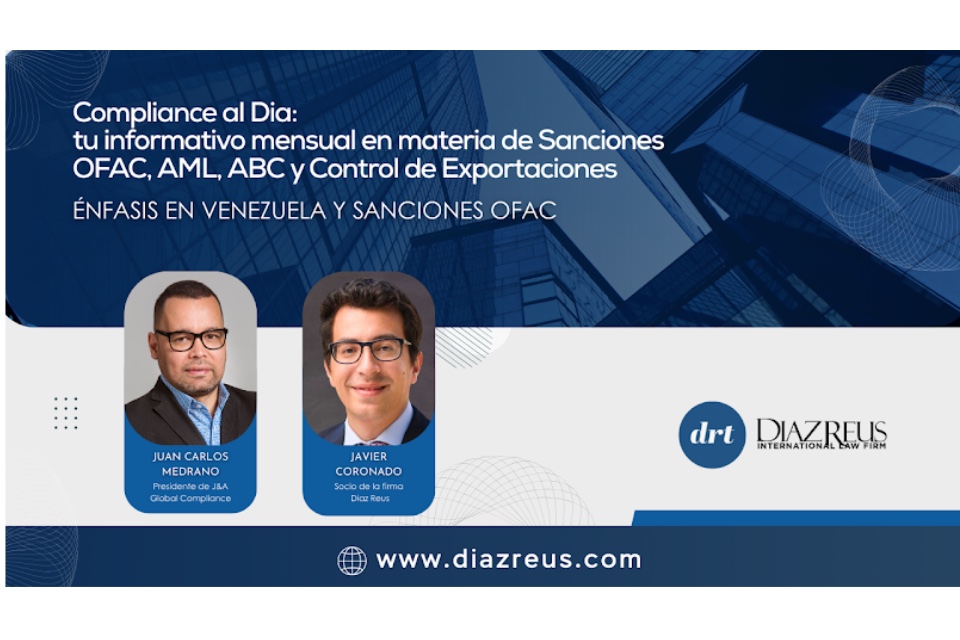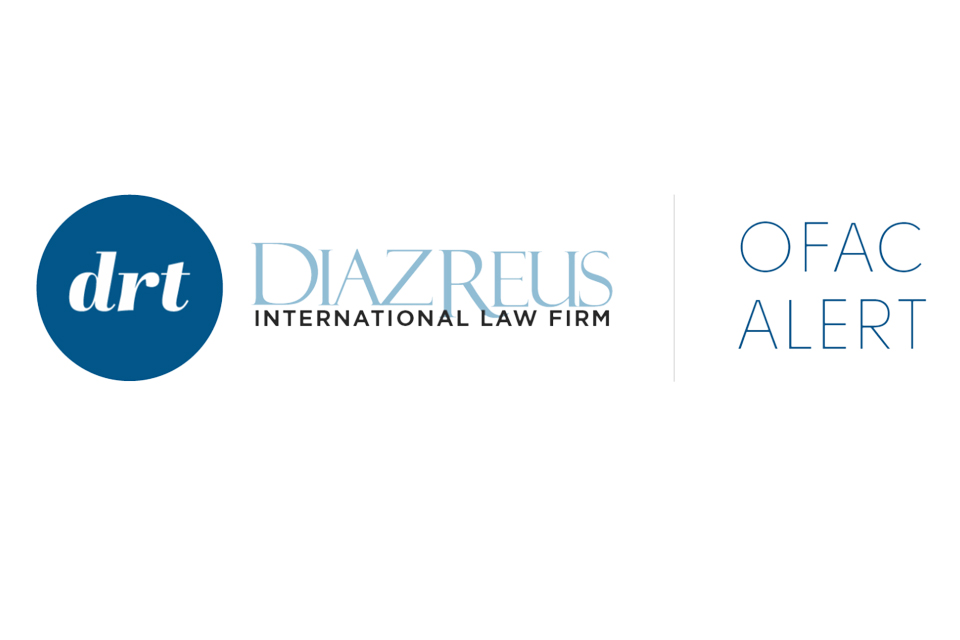China has a number of tax arrangements with foreign countries, including Barbados, Hong Kong and Singapore. In recent years, more and more offshore companies have been set up in jurisdictions whose tax treaties with China would lead to a preferential policy regarding avoidance of double taxation. Last year, the China State Administration of Taxation released a number of circulars to make it clear that they will look at ‘substance over form’ when analyzing offshore holding structures. It was further clarified that tax treaty relief will not be granted to companies that have simply been set up for the purpose of ‘tax treaty shopping’ in order to avoid or reduce taxes.
This article provides an update and closely analyses these recent tax regulations, ensuring you stay up to date on tax developments important to your business.
Chinese tax authorities are getting serious about clamping down on treaty shopping and tax avoidance by foreign investors. Foreign investors who intend to set up intermediary holding companies to hold Chinese investment, or already have such structures in place, will soon need to assure the Chinese tax authorities that substantive business activities are being carried on in the jurisdiction of the intermediary holding company in order to secure tax benefits.
Preferential withholding tax rates.
Investing in China through a shell or holding company in Barbados, Hong Kong, Singapore or other similar jurisdiction has been a common practice for foreign investors looking to take advantage of tax treaty benefits; most treaties providing a preferential withholding tax (WHT) rate for dividends (e.g., from 10% to 5% or 7%), For example, the Chinese WHT rate on the payment of dividends may be reduced to 5% rate from the statutory 10% rate if the “beneficial owner” of the PRC payor is a Hong Kong company who owns at least 25% of the payor.
However, China negotiated a new protocol to its double tax treaty with Barbados on February 10, 2010 (Guoshuihan (2010) No. 64), making it clear that Chinese tax authorities’ intend to avoid treaty shopping through intermediary holding enterprises. The revised treaty, which will take effect on January 2011, provides a clear and specific definition of tax resident and added a general anti-avoidance rule. Last year, the China State Administration of Taxation (SAT) also released a number of circulars, such as Circular 81, 601 and 124 to regulate the implementation of the WHT benefit in respect of dividends, royalties and interests under double tax treaties entered between China and other countries/regions.
How will this anti-treaty shopping and anti-tax avoidance trend affect foreign investment in China?
Under the new development, to claim tax benefit a non-tax resident must meet the following criteria:
- A non-tax resident must be a “tax resident” in that jurisdiction.
- The non-tax resident must be a “beneficial owner” of the Chinese company and own a certain percentage of the shares of the Chinese company.
- The non-tax resident needs to file an application to the Chinese tax authorities to claim the tax benefit and the Chinese tax authorities have broad discretion in determining whether or not to approve such application.
Criteria to claim tax benefit under double tax treaty
SAT Notice for Implementation of the Dividends Article under Double Tax Treaties (关于执行税收协定股息条款有关问题的通知, Circular 81) was issued on February 2009. According to Circular 81, a non-resident recipient of dividends must meet certain criteria in order to claim a reduced WHT. The criteria includes: (1) the non-resident recipient must be a “tax resident” of the other country; (2) the non-resident recipient must be the “beneficial owner” of the dividend; (3) the dividend must be divided or profit distribution determined in accordance with the relevant laws and regulations of China; and (4) any other criteria set out by the SAT. In order to prove that the recipient is a “tax resident”, merely providing a tax resident certificate issued by the tax authority of the other country is not enough. The recipient also needs to submit relevant supporting legal evidence, the tax profile of the treaty resident in the other country and documentation on whether the recipient is a tax resident of a third jurisdiction.
Based on recent cases where the local tax authority denied non-tax resident enterprises’ application to enjoy tax benefits, it is not hard to discover that actual control and management as well as daily business operation of the non-tax resident enterprises are the main requirements for intermediary holding companies to get tax benefits under the double tax treaties. If the non-tax resident enterprise was set up a short time before the investment in the Chinese joint venture was made and the enterprise did not have personnel, operations or assets in the country, the application to claim benefits will usually be denied (Guoshuihan (2008) No. 1076). Therefore, in the new protocol, SAT used “location of actual management” instead of “location of management” to emphasize the importance of substantive business activities over formality.
Definition of “beneficial owner”
After Circular 81, SAT issued the Circular on How to Understand and Determine “Beneficial Owner” under Tax Treaties (关于如何理解和认定税收协定中“受益所有人”的通知, Circular 601) on October 27, 2009. Circular 601 clearly stated that the Chinese tax authorities might adopt the “substance over form” principle in deciding whether or not a non-tax resident enterprise was a beneficial owner. While Circular 81 focuses on dividends, Circular 601 covers dividends, royalties and interests.
Under Circular 601, the term “beneficial owner” is defined as a person who has ownership and control over the income or individual, corporate or other organization that conduct substantive business activities.
The determination of a “beneficial owner” is usually a factual-based analysis. An applicant’s claim as the beneficial owner may be negatively affected if:
- The treaty resident is obligated to pay or distribute fully or substantially (e.g., 60% or more) the income to residents of a third country or jurisdiction within a prescribed time frame (e.g., within 12 months after receiving the income).
- Besides holding the assets or rights deriving the income, the treaty resident does not have or almost does not have any other business activities.
- Where the treaty resident is an entity such as a corporation, its assets, scale of operations and personnel deployment are relatively small and not commensurate with its income.
- The treaty resident has no or minimal controlling right or decision-making rights on the income, or assets or rights employed to generate the income, and bears no or almost no risk.
- The relevant income from China received by the treaty resident is either exempt from tax in the jurisdiction where it is located, or the actual tax rate is very low.
In the case of interest income, there is a loan or deposit contract between the tax resident and a third party, the terms of the principle amount; interest rate and contracting dates are similar to the loan contract under which the interest income is received.
Besides the copyright, patent and technology licensing contract on which the royalty arises, the treaty resident has another licensing or transfer contract with a third person with respect to the relevant copyright, patent and technology.
Conduit Companies
In addition, according to Circular 601, agents and “conduit companies” were not beneficial owners. Conduit Company is defined as a company that is established for the purpose of avoiding or reducing taxes, or diverting or aggregating profits. Such companies are established in the corresponding jurisdictions to fulfill the formal legal requirements but not to conduct substantive business activities. Therefore, in order to comply with Circular 81 and 601, a tax planner should implement substance in terms of business activities in the treaty jurisdiction.
The following factors will help the Chinese tax authorities to find substantive business activities in non-tax resident enterprises:
- physical office is located in that treaty jurisdiction;
- local employees and corporate directors are hired;
- local bank account is opened and maintained;
- board meetings are held in that jurisdiction;
- corporate records and financial information are kept in the physical office;
- registration with local tax authorities;
- management decisions are made in that jurisdiction.
Although the SAT is tightening access to the tax benefit under double tax treaties, a non-tax resident enterprise meeting the criteria mentioned above can still claim the benefits to the Chinese tax authorities. Once such application is approved, the non-tax resident enterprise will enjoy the tax benefit for three years. (Guoshuihan (2009) No. 124).
Multinationals and foreign investors wishing to secure tax benefits will be wise to review the current corporate structure to insure substantive business activities are being carried on in those intermediary holding companies.













